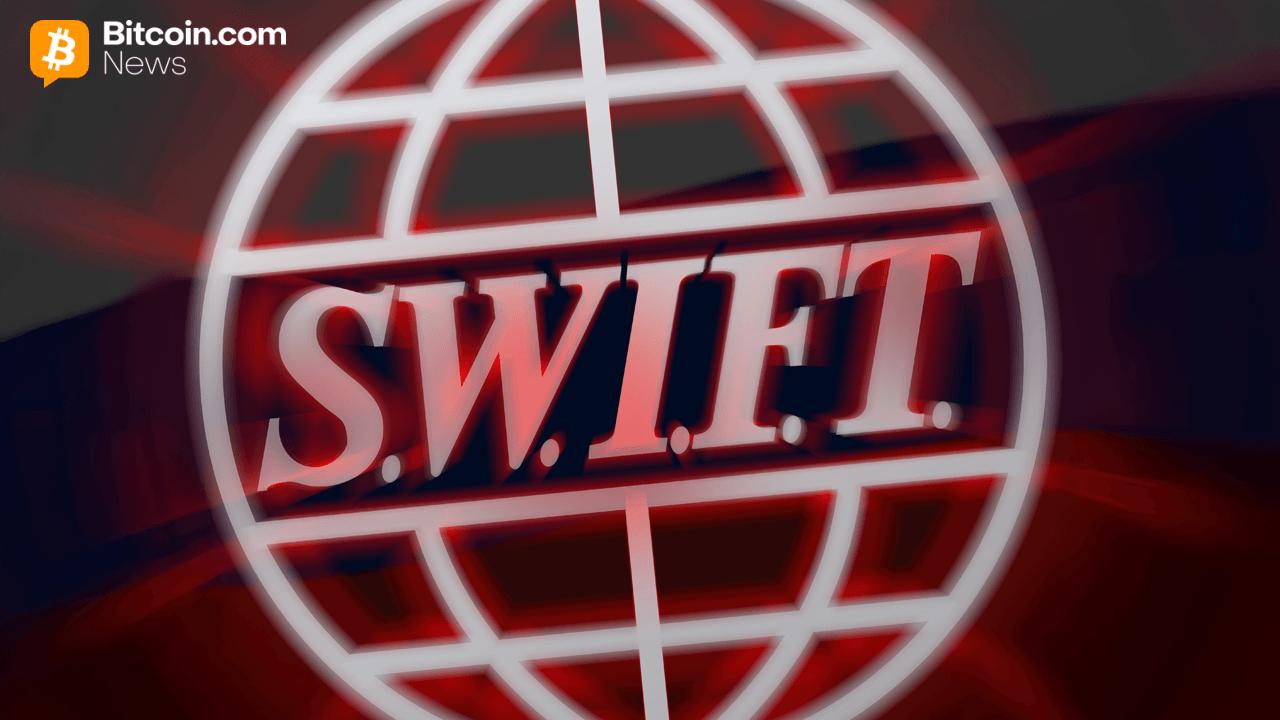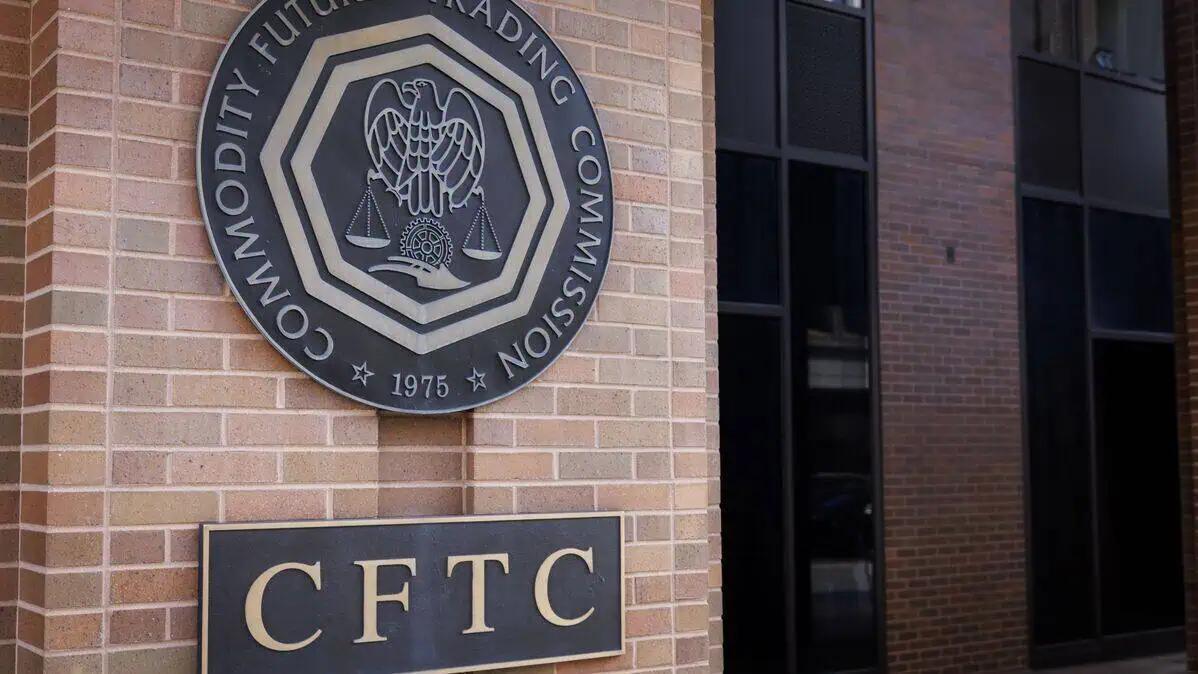Tokenised Stocks: Navigating the Risks and Regulatory Challenges
Tokenised Stocks: Navigating the Risks and Regulatory Challenges
In an unfolding drama from the world of finance, the stage is set for a clash between tradition and innovation. The financial landscape is witnessing a revolutionary development that could fundamentally reshape how we understand and interact with securities markets. At the center of this transformation are tokenised stocks - blockchain-based tokens designed to mimic company shares while introducing unprecedented complexities to the regulatory framework.
Understanding Tokenised Equities
The innovation here is as tantalizing as it is controversial: blockchain-based tokens designed to replicate the experience of owning company shares. But unlike traditional shareholders, owners of these tokens have no direct stake in the company they represent. These digital tokens are crafted on blockchain technology, reflecting ownership without actually penetrating the real world of company stakes. Imagine trading stock-like securities on platforms like those offered by Coinbase and Robinhood, where the boundaries between conventional finance and cryptocurrencies blur into an entirely new financial paradigm.
What makes these tokenised equities particularly intriguing is their promise to revolutionize traditional trading mechanisms. Proponents laud their potential to cut costs, quicken settlements, and enable 24/7 trading capabilities. These tokens boast of slashing trading costs, accelerating settlement speeds, and introducing round-the-clock trading possibilities - creating a financial world where time knows no bounds. The appeal is undeniable: reduced friction, increased accessibility, and the democratization of trading that extends beyond traditional market hours.
Industry Concerns and Regulatory Intervention
Yet, it's this very novel nature that stirs anxiety among traditional exchanges and financial watchdogs. The World Federation of Exchanges (WFE), representing the stalwarts of global finance, has issued a compelling letter to heavyweight regulators, including the U.S. Securities and Exchange Commission's (SEC) Crypto Task Force, the European Securities and Markets Authority (ESMA), and the International Organization of Securities Commissions' (IOSCO) Fintech Task Force. The WFE cautions investors that these products, branded alluringly as stock tokens, are technical impersonations rather than genuine stock equivalents.
A key concern reverberating through the halls of traditional finance is the fundamental lack of rights and trading safeguards that conventional equities ensure. The established financial order worries that share issuers could suffer devastating reputational damage should these digital representations collapse, potentially undermining broader market integrity in the process. Unlike traditional shareholders who enjoy legal protections, voting rights, and dividend entitlements, token holders exist in a regulatory grey area that offers fewer safeguards for investments.
The Call for Regulatory Clarity
Echoing through regulatory corridors is a growing consensus: tokenised assets must be wrapped in the familiar blanket of securities rules. The WFE's message to global regulators could not be more explicit in calling for the strict application of tried-and-tested securities regulations on these tokenised assets. Clear legal frameworks governing ownership, custody, and marketing restrictions are urgently needed to preserve financial stability and investor trust. The collective voice of market infrastructure players underscores the urgency for regulators to implement traditional securities rules on these new assets and clarify the legal parameters surrounding their ownership and distribution.
The regulatory conversation extends beyond simple compliance issues. There are profound questions about how these innovative financial instruments should be classified, regulated, and integrated into existing market structures. Companies whose equities are being digitally replicated express concerns about potential reputational fallout if the tokens fail to deliver expected returns or encounter technical difficulties. This creates a complex web of stakeholder interests that regulators must carefully navigate.
Market Dynamics and Platform Innovation
Despite the apprehensions surrounding regulatory uncertainty, platforms like Robinhood have forged ahead with remarkable determination, launching tokenised equities for European customers and expanding offerings to potentially cover privately-held companies, including high-profile entities in the technology sector. Meanwhile, Coinbase awaits regulatory approvals while preparing to enter this emerging market segment. This divergent approach highlights the tension between innovation and regulatory compliance that characterizes the current financial technology landscape.
The enthusiastic adoption by some platforms demonstrates the significant commercial potential that industry leaders perceive in tokenised securities. The ability to offer 24/7 trading, reduced settlement times, and lower transaction costs represents a compelling value proposition for both platforms and their customers. However, this enthusiasm must be balanced against the legitimate concerns raised by traditional market infrastructure providers and regulatory authorities.
Future Implications and Market Transformation
The financial sector stands at a critical crossroads where traditional market structures encounter blockchain-based innovation. As regulatory bodies deliberate their responses, the implications for traditional stock exchanges, innovative fintech companies, and individual investors remain profound and far-reaching. The outcome of these regulatory discussions will likely determine whether tokenised stocks become a mainstream financial instrument or remain confined to niche applications.
This evolving landscape showcases the fascinating intersection of traditional finance and innovative financial technology, demanding careful attention as regulators and market participants navigate uncharted waters. The need for prudent regulatory oversight grows more pressing as excitement around tokenised equities continues to build momentum across global markets.
Amid these mounting tensions and regulatory uncertainties, the market watches with anticipation for the next chapter in this unfolding tale. The resolution of these regulatory challenges will ultimately determine whether tokenised stocks represent a genuine evolution in securities trading or a temporary disruption that requires more substantial regulatory intervention. As the financial landscape continues its transformation, ensuring that innovation does not compromise market trust and integrity remains the paramount concern for all stakeholders involved in this revolutionary development.






